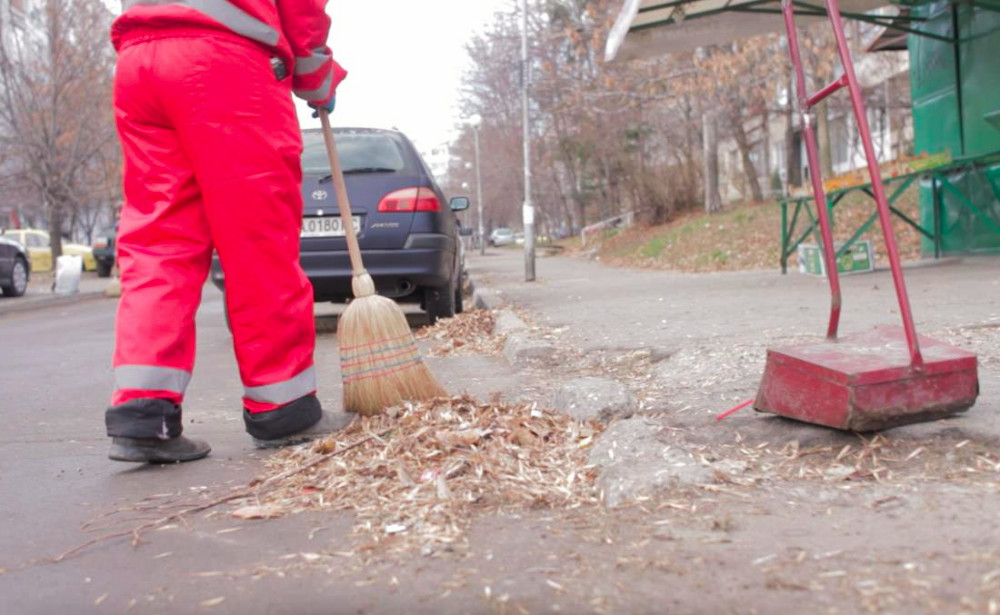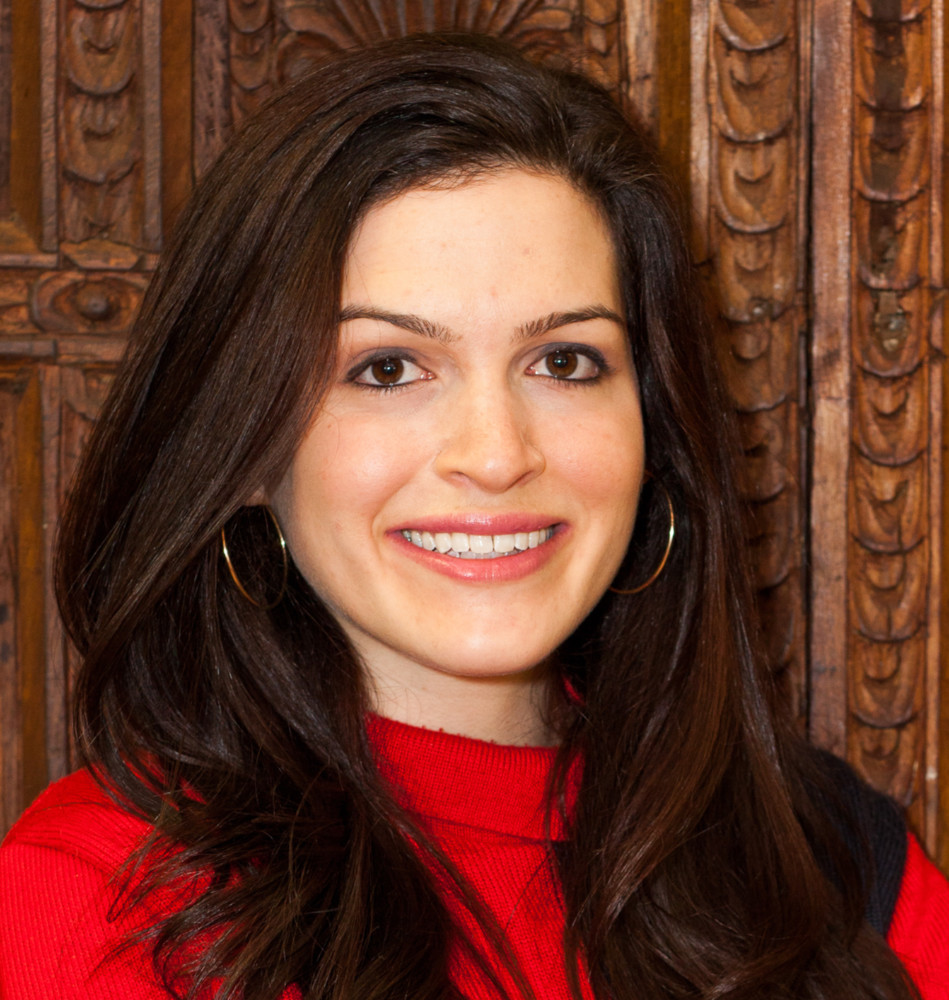
Streets of Resilience

Working alongside Romani street sweepers in Bulgaria, Elana Resnick came to see that the Anthropocene is more than the age of human-caused climate change. The marginalized women with whom she toiled for nearly a year, she realized, represented the racialization of the Anthropocene — the way the damage of the era falls on communities of color.
The Anthropocene — what she called “a recently very prevalent theme” in academic articles — collided with “something quite real in the everyday lives of the Romani women I swept beside. But, what they were dealing with each day — their perspectives on the Anthropocene — was very different from that of the white Bulgarians’ whose waste they swept. It was evidence of how the Anthropocene is racial.”
Resnick explores the intersection of race and climate change in “The Limits of Resilience: Managing Waste in the Racialized Anthropocene” in the American Anthropological Association’s flagship journal American Anthropologist. She argues that communities of color employ “anthropogenic management” — their strategies to cope with the quotidian indignities of the age.
“Anthropogenic management is the daily labor it takes to manage the conditions of the always-racialized Anthropocene,” she explained. “This includes the daily labor of removing out of view the materials of middle-class discard — the burger wrappers, newspapers, plastic cups, etc. — that street sweepers deal with each day.”
Romani people have been marginalized for hundreds of years across Europe. They have fared no better in Bulgaria, where they are regarded as “social trash” even by educated and politically progressive white Bulgarians.
“The sweepers I worked with — most of whom were Romani women doing this environmental labor — were often treated like waste,” Resnick said. “They would have trash thrown at them, buckets of water dumped on them from balconies above. And so, ‘anthropogenic management’ entails managing, cleaning up the long-living afterlives of capitalist accumulation, what we might commonly call garbage, but also how people deal with or manage the conditions of this racialized labor.”
For Romani waste workers, Resnick said, managing their lot at the bottom of the Anthropocene’s planetary trash heap revolves around a strategic and active kind of management work, what they call “getting used to it.”
As she writes in the paper, “ ‘Getting used to it’ is anything but passive. It entails actively managing both the waste accumulations with which sweepers labor and the racialization of their everyday lives. This includes becoming so accustomed to their bodily presence inciting disgust that they come to expect and preempt it. Romani waste laborers’ strategies of anthropogenic management highlight the urban Anthropocene’s connection to both hierarchies of racialization and local waste landscapes.”
Resnick is intimately familiar with the plight of Roma. She has been working on various projects in Bulgaria since 2003. It was that long connection with Romani communities that led her to see that their lives were deeply affected by a racialized Anthropocene.
“I hope that this article and my in-process book will help readers to understand how race and racialization take shape globally,” she said. “I also hope that it presents the important work that it takes to meet neoliberal environmental sustainability goals — which are also international. So much of this often-unrecognized labor across the globe is racialized.”
What’s more, Resnick said, “the case in Bulgaria is just one of many in which communities of color do the labor that governments take credit for without paying workers a living wage or recognizing their contributions.”
“The women I swept with made Bulgaria’s ‘Europeanization’ (via EU accession) possible, and I see my writing as an honoring of their work, their lives, their politics and their commitments,” she said. “I am deeply indebted to their generosity, kindness, and willingness to take me into their homes and lives so that I could do this research. They believed in me, trusted me, and I work every day to keep up with my promises.”



